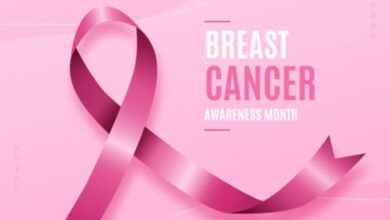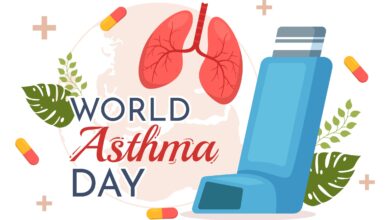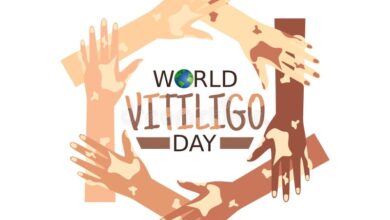Emergency Series, Episode 1: Fainting

Six months ago, UIMSA Press published an article on the cluelessness of the average Nigerian—even medical students—when faced with medical emergencies. This was after a video went viral, in which a young lady lost her life due to excessive bleeding from a deep cut, while her friends stood around—at a loss on what to do..
The average Nigerian has little to no knowledge and is largely misinformed about First Aid. We can hardly be blamed; First Aid is not taught in most schools—even at tertiary level—so our knowledge comes from what we have witnessed in similar situations. Sadly, emergencies happen everyday and of course, cannot be predicted. Lives are lost, sometimes not due to the medical emergency but because of the actions of good samaritans trying to help.
So, are you the regular Nigerian whose only correct knowledge of First Aid comes from a couple of Aproko Doctor skits? Are you the medical student with a niggling fear of something happening and people looking up to you to intervene when you have no idea what to do? Fear not, we’re here to help you through. Even if you’re a veteran at providing First Aid, you’ll definitely pick a few lessons and refresh your knowledge with this series. Consider this a crash course in First Aid for the clueless Nigerian. You’re welcome.
The Emergency: Fainting
We’re starting off easy with the relatively innocuous scenario of fainting. Most of us know what fainting is and have probably seen it happen; whether it was the scaredy-cat pupil that used to faint at the appearance of the cane in primary school, or a full-fledged adult that suddenly slumped in the market. But for the sake of definition, fainting is a sudden, brief loss of consciousness usually accompanied by reduced postural tone.
The reactions that follow in this setting can usually be predicted; panic of onlookers, aggressively shaking and pouring water on the head of the poor person, then giving them malt and milk when they’re revived. But the worst thing you can do as an onlooker is to succumb to panic. Instead, here is a simple roadmap to follow if someone happens to or is about to faint around you.
Before
While fainting could be precipitated by a wide variety of reasons—dehydration, hypoglycemia, heat etc—the common factor is reduction of blood flow to the brain. It rarely happens suddenly. Preceding symptoms could include dizziness, shakiness, hyperventilating, headache, sweating, blurry vision amongst others.
If you notice these symptoms or someone mentions them to you, you should encourage the person to sit, squat or lie down immediately and loosen any tight clothing. When sitting, the head could be put between the knees to increase blood flow to the brain. The legs can also be crossed or squeezed together for the same effect.
During
If you witness someone fainting, DO NOT panic.
Instead;
- Check if they are breathing. If they are not breathing, this could be a cardiac arrest. Begin cardiopulmonary resuscitation (CPR) immediately and call for help to transfer them to the hospital.
- Lay them flat on their back.
- Elevate the legs above the head if possible
- Remove any harmful materials from their surroundings.
- Check for any injuries.
- Loosen all constrictive clothing like ties and belts.
- Ensure that they are getting enough ventilation. You can fan them if necessary.
DO NOT shake the person, pour water on them, raise up their head or attempt to make them sit or stand.
After
An episode of fainting usually lasts less than a minute. If the person does not regain consciousness after a minute, get medical help immediately.
After the person regains consciousness, allow them to remain lying down for a few minutes. DO NOT attempt to change their position suddenly as this could lead to a recurrence. If they had not eaten in up to 6 hours, offer a high glucose drink (fruit juice, soda, malt and milk works too).
Keep a close eye on the person for some minutes. Encourage them to see a healthcare professional if they have had more than one episode of fainting recently. You may thereafter leave, satisfied that you have provided appropriate aid to a vulnerable person.
Don’t forget to look out for future episodes of the Emergency Series; you never can tell when you’ll need the knowledge.
Aisha Ibrahim




